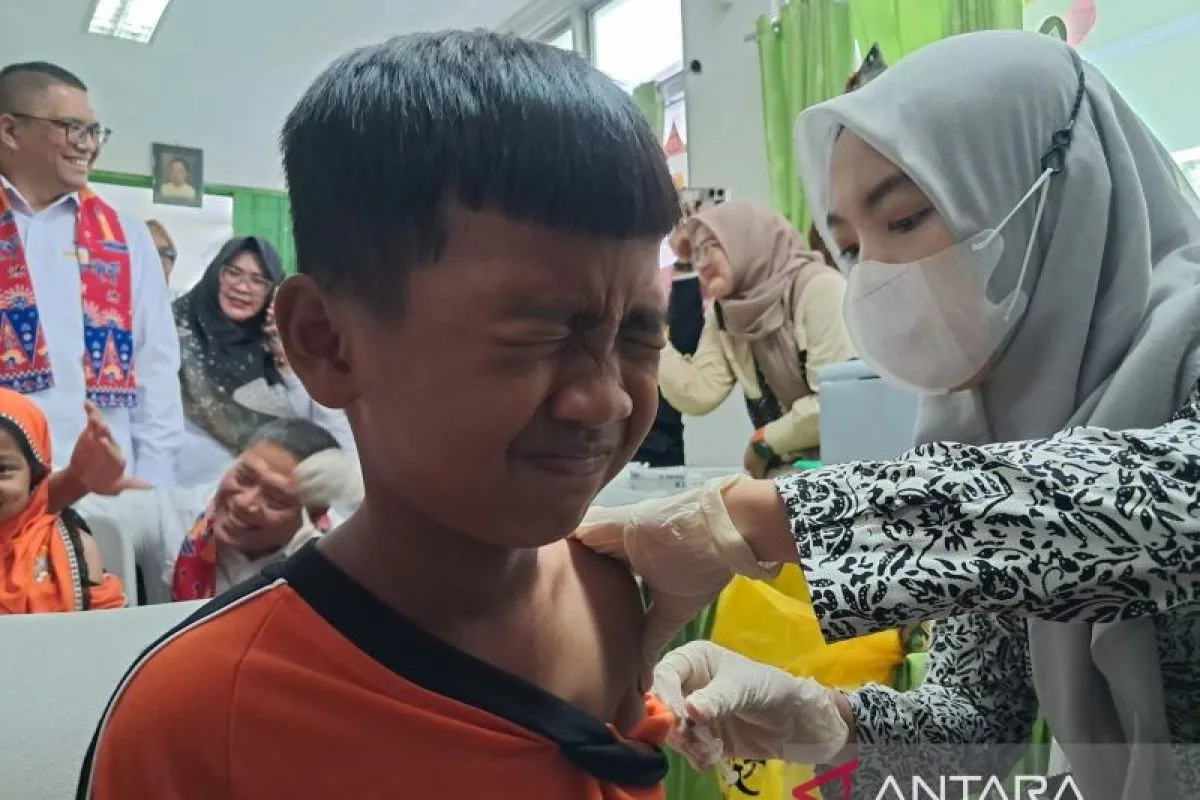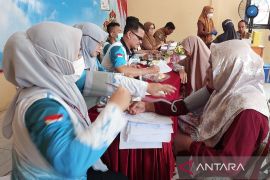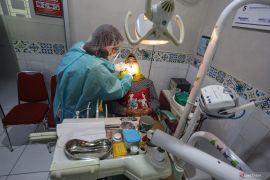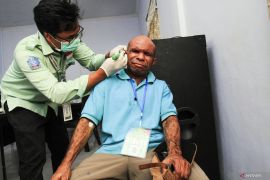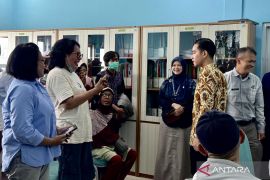"CKG at schools, in addition to targeting students, also targets children aged 7–17 years who do not attend school or access formal education," Jakarta Health Office head Ani Ruspitawati said on Sunday.
In the capital, the program aims to reach nearly 2 million people, including students from first to twelfth grade as well as out-of-school children.
The initiative was first rolled out in July at tuition-free schools under the Sekolah Rakyat program, before being extended on August 4 to schools under the Ministry of Primary and Secondary Education.
Screening packages include checks on nutritional status, reproductive health, mental health, dental health, blood pressure, and diabetes, among other tests.
"The hope is that through health screenings, we can detect students' health problems early and begin treatment immediately," Ruspitawati said.
The government launched the CKG program on February 10 to improve public health and reduce the burden of preventable diseases.
At the national level, the school-based program targets 53 million students from first to twelfth grade at various institutions, including Islamic boarding schools.
Nationwide implementation began on August 4, aiming to reach every child in Indonesia without exception. With a target of 280 million citizens, it is expected to become one of the largest health screening programs in the world.
Related news: Poor lifestyle putting Jakartans at risk of diabetes: official
Related news: Jakarta partners schools, puskesmas for student health checks
Translator: Lia Wanadriani, Raka Adji
Editor: Anton Santoso
Copyright © ANTARA 2025
